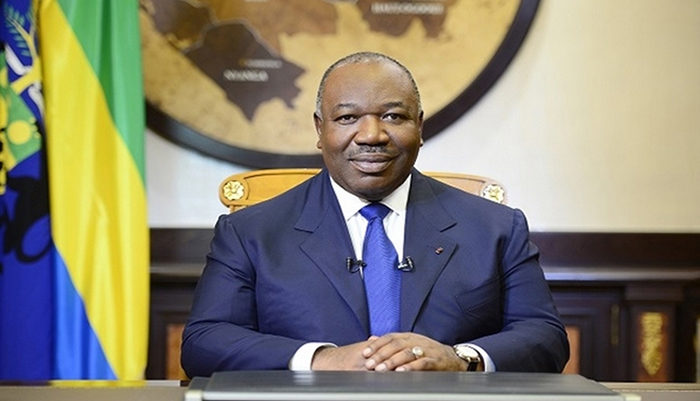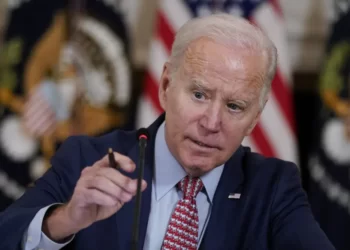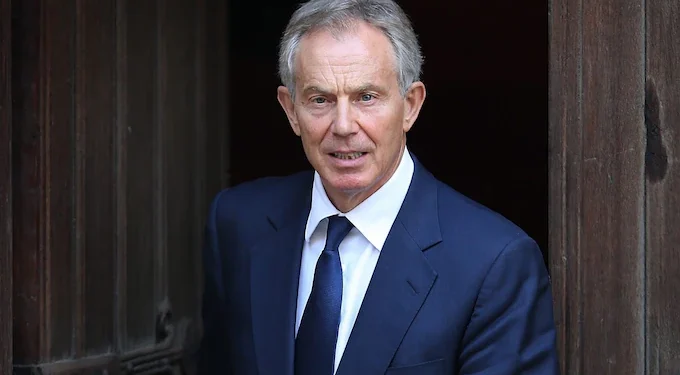Fitch Ratings, an international ratings agency has upgraded Gabon’s rating action to ‘B-’ with a stable outlook.
According to Fitch, the upgrade reflects easing in liquidity pressures on the back of higher oil prices and a new IMF programme. Also, it reflects the expectation that Gabon’s underlying fiscal position will improve due to a rebound in non-oil revenues. This also reflects declining pandemic–related spending and restraint in other current expenditure.
Furthermore, the rating captures Gabon’s high GDP per capita relative to peers. Also, it includes longer-term uncertainties around oil production capacity, recurring difficulties in securing external funding and poor public-finance management.
The fiscal deficit on cash basis is likely to widen from 2.5 percent of GDP in 2020 to 3.3 percent. This deficit captures the impact of lower oil production on fiscal revenues, moderate increase in capital spending and Covid-19 spending of 0.7 percent, Fitch asserts.
“We anticipate non-oil revenues will pick up this year, as external demand recovers and the easing of pandemic-related restrictions improves domestic activity. With the full recovery of economic activity and curtailment of Covid 19-related spending, we forecast the budget deficit will narrow to 1.4 percent in 2022 and 0.7 percent in 2023…”
Fitch Ratings
Moreover, oil production is projected to contract by 14 percent and average 185,000 barrels per day in 2021, after a slight contraction of 1.2 percent in 2020. Accordingly, this reflects partial compliance with OPEC cuts, of which Gabon is a member, and high levels of production in early 2020.
As such, Fitch forecasts production to progressively recover to 210,000 barrels per day by 2023. However, this is expected to lead to a moderation of Brent oil prices to US$53/b by 2023. This is likely to lead to a continued reduction of oil revenues.
Sources of Gabon’s budget financing
Fitch estimates Gabon’s total funding needs at 14 percent of GDP in 2021 and 7 percent in 2022. These estimates capture the planned early amortization of the country’s Eurobond which part of the proceeds will be used for budget financing.
More so, estimates for fiscal funding from external sources, after the Eurobond refinancing, are pegged at 4 percent of GDP in 2021 and 5 percent in 2022. These funding sources comprise IMF disbursements and official project loans.
Successful execution of the planned refinancing would smooth the country’s repayment profile and reduce liquidity risks over the medium term, Fitch highlights.
Consequently, Fitch expects the government debt to fall to 74.4 percent of GDP in 2021 from 77.4 percent in 2020.
“Our baseline assumption of modest fiscal deficits and an improving macroeconomic backdrop point to government debt falling to 73.8% by end-2022… A task force is evaluating the validity of XAF440 billion (4.6% of GDP) of domestic arrears to suppliers, which could result in a modest downward revision to our debt figures.”
Fitch projects the country’s GDP to contract by 0.3 percent in 2021, after a fall of 1.8 percent in 2020. Underlining assumptions behind the forecast shows a decline in oil production, balanced with the expectation that the non-oil sector will rebound by 2.7 percent.
Fitch Ratings expects the current account deficit will moderate to 4 percent of GDP by 2023, from 6 percent in 2020. This reflects oil price and production dynamics as well as the gradual diversification of the country’s export receipts.
READ ALSO: Maiden Africa Digital Forum set for tomorrow





















